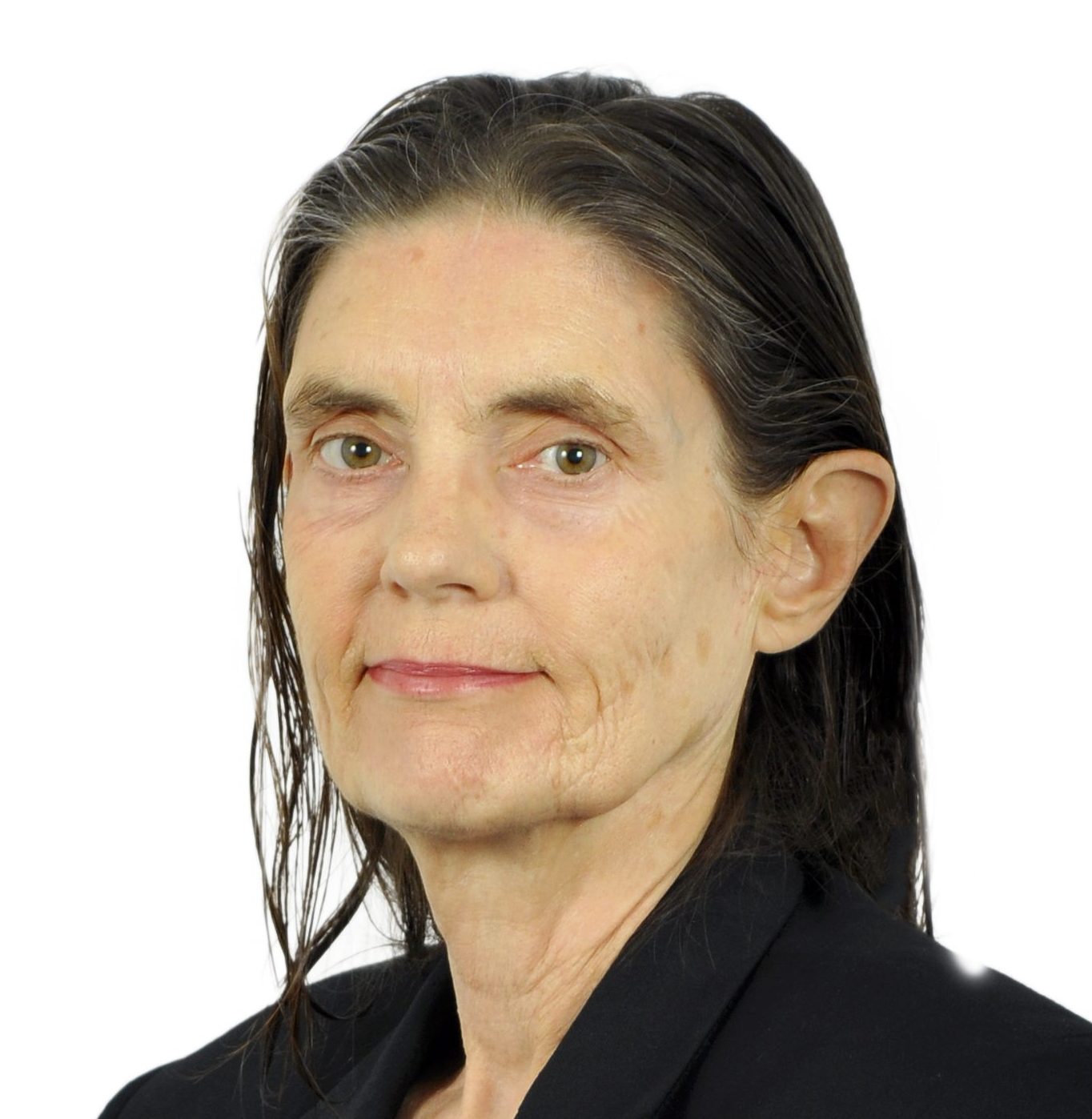Featured Topics
Featured Products
Events
S&P Global Offerings
Featured Topics
Featured Products
Events
S&P Global Offerings
Featured Topics
Featured Products
Events
S&P Global Offerings
Featured Topics
Featured Products
Events
Our Methodology
Methodology & Participation
Reference Tools
S&P Global
S&P Global Offerings
S&P Global
Our Methodology
Methodology & Participation
Reference Tools
S&P Global
S&P Global Offerings
S&P Global
24 Nov 2020 | 10:54 UTC — Dubai
Highlights
Natural gas accounts for 95% of UAE power
$1.1 bil Fujairah power plant to start in 2022
Mitsubishi Power supplying 3 gas turbine generators
Dubai — The UAE's largest gas-fired power plant, expected to start operations in 2022 in Fujairah, will probably consume 1.4 million mt of natural gas a year, and provide backup capacity to Dubai's giant solar park along with the Ras al Khaimah solar PV aggregate tender, according to the president of Mitsubishi Power MENA, which is building three gas turbine generators for the plant.
"The gas consumption of the plant will depend on the operating hours and other conditions, however we anticipate the gas consumption will be around 1.4 million tons per year," Khalid Salem told S&P Global Platts in response to questions. "As a result of this, we expect that the units will reduce CO2 emission by 3 million tons over the next 25 years of the PPA contract period compared to conventional large-frame gas turbines."
The Dirham 4.2 billion ($1.1 billion) Fujairah F3 independent power producer project will have a capacity of 2.4 GW, enough power for 380,000 UAE households, Abu Dhabi National Energy Co., known as Taqa, said in July. The power purchase agreement was signed by Abu Dhabi Power Corp., Emirates Water & Electricity Co., Mubadala Investment Co., and Marubeni Corp. Taqa combined its assets with Abu Dhabi Power on July 1. Taqa and Mubadala will own a 60% stake, while Japan-based Marubeni Corp. will hold 40%.
Mitsubishi Power is building three M701 JAC gas turbine generators, each weighing about 550 mt, for the plant in the Fujairah emirate in the northern part of the UAE. Salem wouldn't say how the gas-fired electricity compares with solar prices, which have been setting record lows in recent years.
"While the UAE has a considerable amount of renewable energy potential and is well-placed to exploit solar energy given the abundance of sunshine through the year, natural gas is still a key driver of the region's rapid development, playing an incredibly significant role in decarbonizing power grids," Salem said. "The mix of natural gas turbines, a highly valuable domestic source of energy, and renewable energy sources can reduce carbon emissions as much as 75% compared to other fossil fuels found in the region."
Natural gas currently accounts for more than 95% of UAE power generation, with Middle East power demand growing 2.5% a year for 2020-2025 against a global pace of 2.3%, according to S&P Global Platts Analytics.
"Solar PV is now hard to beat in the region, from a pure economics standpoint, even if the gas is priced at zero levels," according to Bruno Brunetti, head of global power planning at Platts Analytics. "Gas units still have an important role to play complementing the operation of the solar plants, although batteries, coupled with solar PV, are an increasing challenge to this back-up role for gas."
Power demand in northern UAE emirates is forecast to increase to about 5.5 GW by 2026, from about 4.3 GW currently, based on the latest estimate by Transco (Abu Dhabi Transmission and Despatch Co.), Salem said. The existing available gross installed generation capacity in the region is about 3 GW, he added. Fujairah F3 will be close to a major 400kV grid supply node, Fujairah-Qidfa, and existing 400kV transmission facilities, helping to increase the total generation capacity to 5.4 GW in the northern emirates by 2023, he said.
Renewables can't fully meet all power needs without 24-hour sun and wind.
"Analysts have long pointed out that the transition will only realistically ramp up once renewable energy storage becomes cheaper than traditional power," Salem said. "Due to the increased demand for electricity, it would not be practical to support this 24/7 by solar. Gas turbine technology with its operational flexibility is the most effective and environmentally friendly option to address renewables' intermittency."
When solar power is unavailable, Fujairah F3 will provide backup for existing and future renewables projects such as the Mohammed bin Rashid Al Maktoum Solar Park in Dubai and the Ras Al Khaimah Solar PV aggregate tender, he said.
"The Fujariah F3 power plant is an important development for both the UAE and the wider region. Not only does it play a crucial role in the country's power generation sector, but also connects to the GCC grid," Salem said.
In 2018, Mitsubishi Power developed and successfully tested a large-scale gas turbine combustor capable of using a fuel that is 70% natural gas and 30% hydrogen. Validation of the multi-cluster combustor with 100% hydrogen capability is targeted to be complete by 2025, he said.
